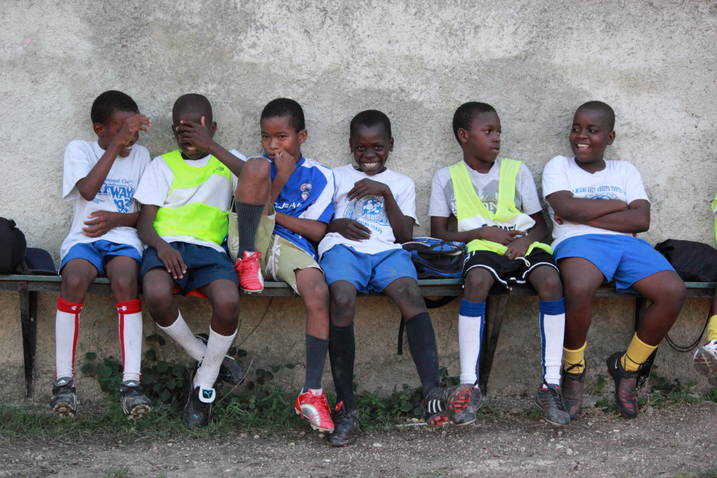Haitian Doctor is Finalist for Peace Award
Dr. Marie-Marcelle H. Deschamps (GHESKIO) is among four finalists being considered for the 2023 Women Building Peace Award from the United States Institute for Peace. Dr. Deschamps emphasizes the role of women in promoting both peace and public health, for example in conducting outreach to gangs in order to continue providing much-needed health services to Port-au-Prince residents. According to Deschamps. “I know the risks are there, but we all have to take a risk and know that we are on a mission, and you choose your battle. We each have a battle and mine is staying here.” The full article by Miami Herald journalist Jacqueline Charles follows.









